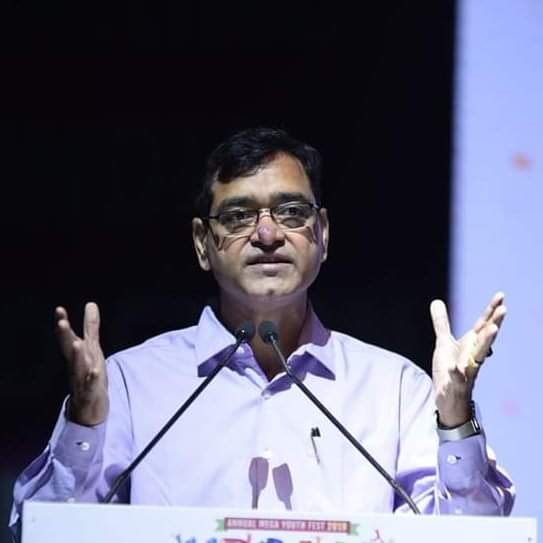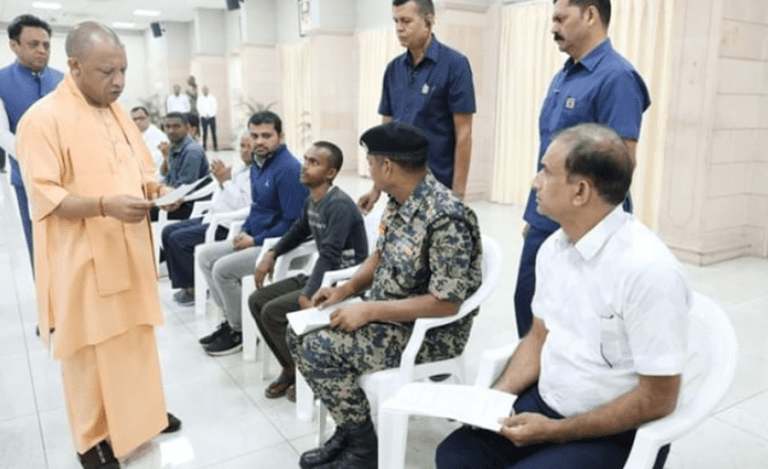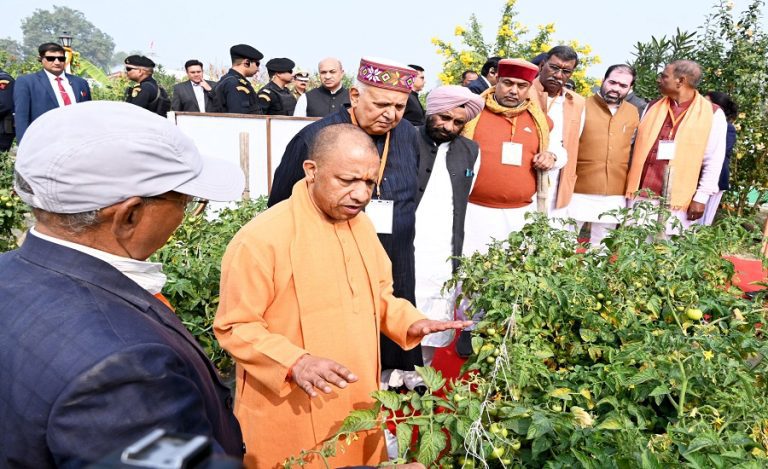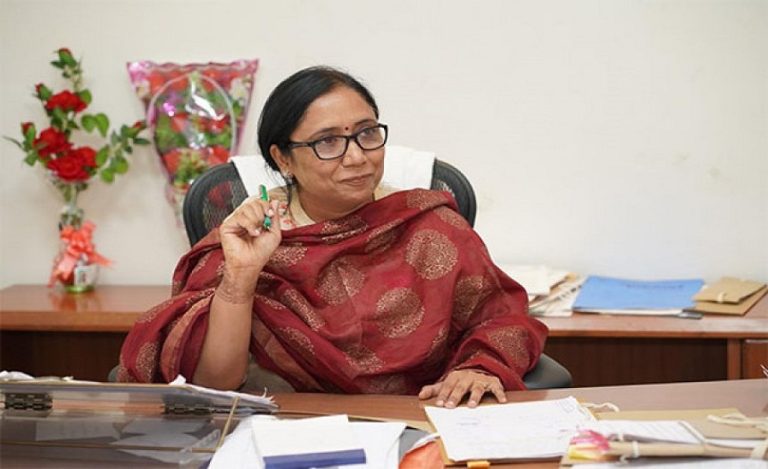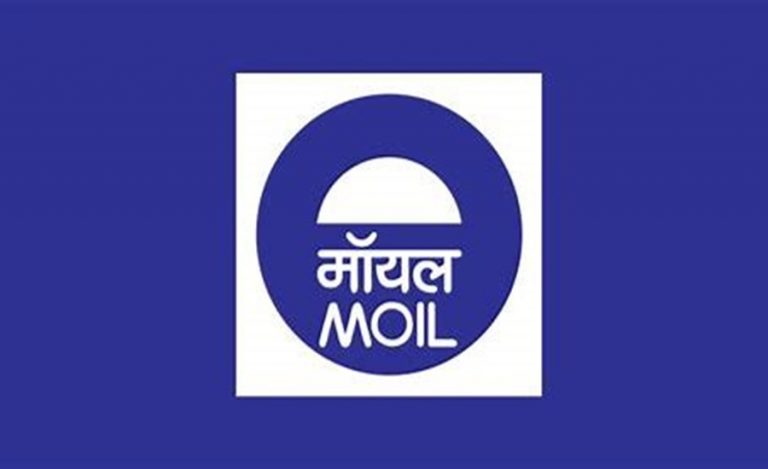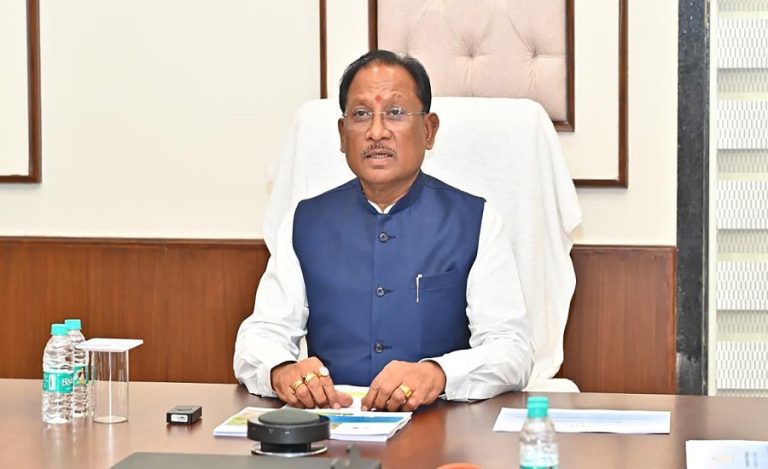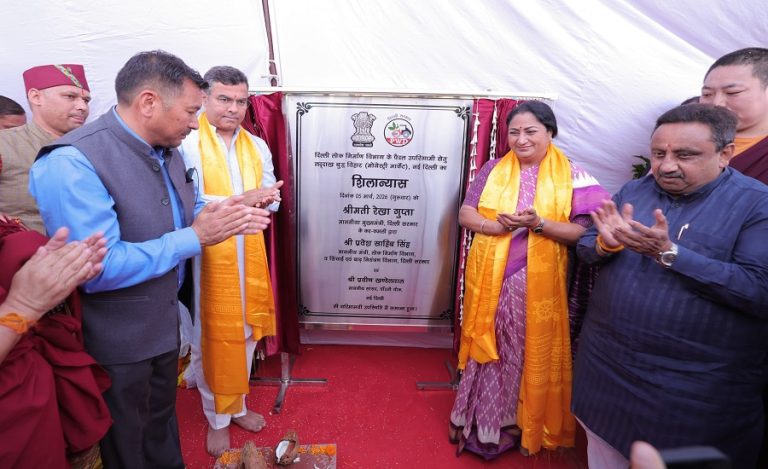Human trafficking, one of the biggest organized crimes in India, that leads to forced labour, sexual slavery, or commercial sexual exploitation, especially of both women and children of any age group in large numbers, remains a humanitarian crisis despite crackdowns by police.
IPS officer Dr. Veerendra Mishra whose NGO Samvedna is transforming the lives of the Bedia community of Madhya Pradesh already is also determined to abolish human trafficking which the United Nations describes as the “recruitment, transportation, transfer, harbouring or receipt of people through force, fraud or deception, with the aim of exploiting them for profit”.
IPS Mishra has started the first-ever anti-human trafficking lab in the country called RACE (Research, Advocacy, and Capacity Building Against Exploitation) as he launches a new battle.
In conversation with Indian Masterminds, Dr. Mishra who is the Assistant Inspector General of
Police –MP State Industrial Security Force points out the misconception about trafficking
and how it can be countered.
CHANGING THE NARRATIVE
IPS Mishra who also contributes to the National Commission For Women as an external advisor
explained that trafficking is the ‘exploitation of the vulnerability of those who expose their
vulnerability’.
“At origin, it is recruitment and during the transition it becomes exploitation. The issue here is people are not aware and we don’t focus on prevention so when the victim realizes, it is already too late”, says Dr. Mishra.
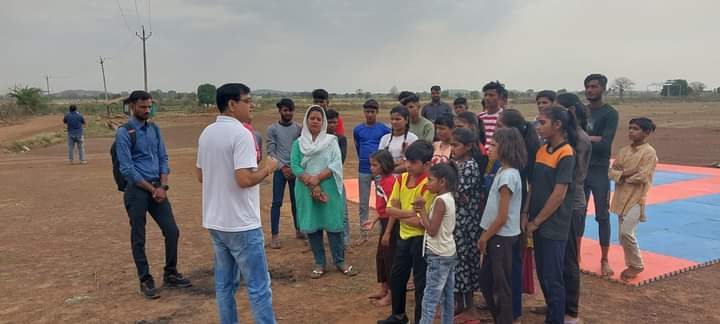
He emphasised that the biggest myth about trafficking in our country is that people believe it to be a problem of the criminal justice system whereas it is an issue of the social justice system.
The officer is working towards creating conceptual literacy among all the stakeholders affected
by this issue (both the victims and those who’re fighting against it like the police force).
If the stakeholders have clarity on how the traffickers spot their target and how they allure
and then recruit them, half the problem will be solved, he added.
BUILDING CAPACITY
That is where the role of RACE begins. Launched formally on 19th October, 2022 at Academy of Administration, Bhopal, Mr. Mishra has high expectations from RACE.
Explaining the importance of his super-tool Dr. Mishra said, “We will move across the country to study the ways of trafficking beyond the dimensions. “Based on the findings our focus will be to advocate for policy-level changes.”
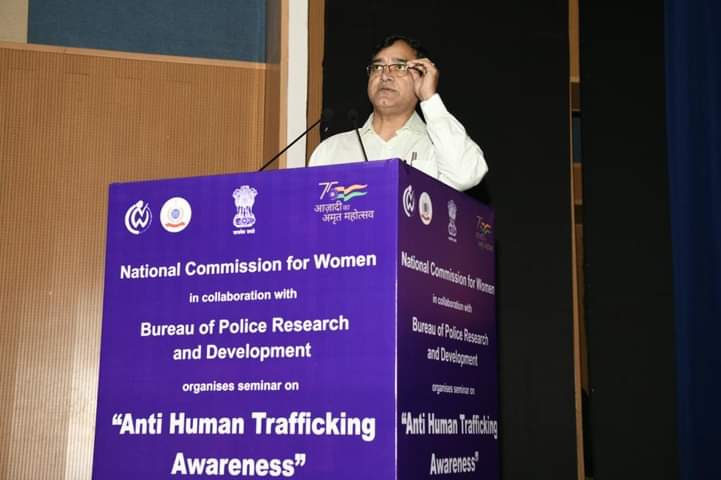
As part of capacity building, he has spoken to various police teams and participated in sessions at colleges including Jindal Global Institute, Tata Institute Of Social Science.
He also carried out workshops on capacity building with Anti-Human Trafficking Units heads (Additional SP and DySP rank officers) of Madhya Pradesh to sensitise police officers in combatting the crime and handling the witnesses.
“Foremost, accepting it to be an organised crime is important,” said the officer, who worked with MLAs of eight states on the ways to counter the menace. Despite having strong laws to prohibit bonded and forced labour besides, the Child Labour Act, and the Juvenile Justice Act, every day new modus operandi of traffickers keeps the problem unsolved. According to a UN reports more than 70% victims are women & children and UNODOC (United Nations Office on Drugs and Crime ) claims that 80% of trafficked persons are forced into prostitution.
With the acquittal rate for traffickers remaining above 80 percent as per several reports the fight is an uphill task for all authorities concerned in the country.

